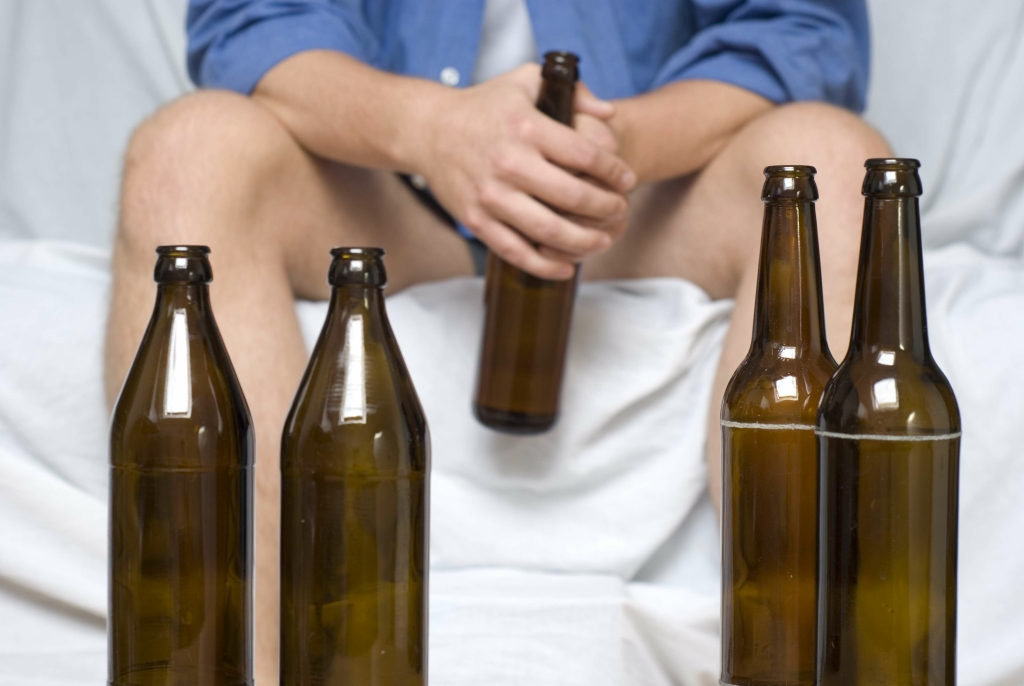Learning to listen to your body, recognizing https://www.chopgo.com/when-drinking-becomes-binge-drinking-northwestern/ the signs of dehydration, and drinking plenty of water during the day can also ensure you’re meeting your fluid needs. While these drinks don’t cause dehydration, large amounts may increase urine production. Cold carbonated drinks may be more thirst-quenching, potentially causing you to drink less water.

Beer And Dehydration: Understanding The Pint’s Impact
Your body’s metabolism can turn some components of alcohol into nutrients and energy. This happens at a rate of about one beer, a small glass of wine, or one shot of liquor per hour. Alcohol is a diuretic, which makes the body lose fluids by making you have to go to the bathroom more often.
What Happens When You Drink Beer?

Overall, it’s crucial to be mindful of the impact of alcohol on our kidneys and take proactive steps to mitigate potential damage. By staying hydrated, consuming alcohol in moderation, and prioritizing kidney health, we can reduce the risk of developing alcohol-related kidney issues. Dehydration occurs when the body loses more fluid than it takes in, leading to an imbalance in the body’s electrolyte levels. This can have a range of negative effects on overall health, including headaches, dizziness, fatigue, and reduced cognitive function.

Does Watermelon Have Electrolytes?
So just remember, the more often you Substance abuse pee, the more likely you’ll need to sip to replenish those fluids. As outlined above, the main reason for frequent urination is the effect alcohol has on your kidneys. Hydration is a key component to feeling good and staying healthy. Keep these factors in mind, and remember to take care of your body even when you are out at a beer party to avoid any episodes of dehydration.
- You’re likely to urinate 100 mL more for every standard drink you consume (10 mL of alcohol).
- Drinks with lower alcohol content are less dehydrating than drinks with higher alcohol content.
- When enjoyed alongside water or sports drinks, NA beer can positively support your hydration goals, especially after physical activities.
- Due to excessive drinking, it becomes hard for the body to digest food.
Can NA beer help with hydration?
Alcohol is a diuretic, meaning it increases urine production and can lead to dehydration if not managed properly. However, there are ways to stay hydrated while drinking to mitigate the dehydrating effects of alcohol. So, how can we mitigate the dehydrating effects of alcohol and maintain our electrolyte balance? The key is to stay mindful of our alcohol intake and take proactive measures to support hydration. One effective strategy is to alternate alcoholic beverages with non-alcoholic, hydrating options such as water or electrolyte-rich drinks. This can help offset the diuretic effects of alcohol and support proper hydration throughout the night.
- Vasopressin usually causes the kidneys to retain water instead of passing it as urine.
- In particular, it’s best to enjoy caffeinated energy drinks and alcohol in moderation and consume them alongside water to stay properly hydrated.
- The fluid loss leads to electrolyte imbalances, headaches, fatigue, and other unpleasant symptoms.
- However, it’s possible to mitigate the dehydrating effects of light beer by actively rehydrating with water and electrolytes.
- As with asparagus, the beloved artichoke is full of health-promoting nutrients like fiber, vitamins, and minerals, and is an overall excellent veggie to eat.
Sports drinks or electrolyte tablets can help replenish lost minerals and maintain fluid balance. This also means drinking alcohol on an empty stomach can lead to a higher blood alcohol content (BAC). However, alcohol’s dehydrating effects will be somewhat reduced in some of the “lighter” alcoholic drinks. The human body is made up of about 60% water, and we lose water constantly through breathing, perspiration, and urine and bowel movements. To stay hydrated, men need at least 12 cups of can beer make you dehydrated fluid daily, while women require a minimum of nine cups. However, this amount can vary depending on factors such as age, gender, activity levels, climate, and medical conditions.
This is why, after consuming beer or other alcoholic beverages, you might find yourself needing to urinate more frequently. Over time, this loss of fluids can contribute to dehydration, especially if you’re not also consuming water or other non-alcoholic beverages. So, what can be done to mitigate the dehydrating effects of alcohol? This means consuming plenty of water before, during, and after alcohol consumption to help offset the fluid loss caused by alcohol. Additionally, consuming electrolyte-rich drinks or foods can help replenish lost electrolytes and support hydration.
- Drink too many beers too quickly, and you’ll end up as dehydrated as you would taking a shot at the bar.
- Studies have pointed to additional causes, such as inflammation, gastrointestinal irritation, and poor sleep.
- To stay hydrated while drinking beer, it is recommended to drink water alongside beer, especially if drinking on an empty stomach.
- The higher the alcohol content, the more dehydrating the drink will be.
Too much consumption may even lead to a visit to the hospital. Drinking beer causes loss of necessary sodium, magnesium, and potassium electrolyte from the body and more urination after every 15 minutes, which results in dehydration. It is an incorrect assumption that any fluid consumption will only hydrate your body, and there is hardly any chance of dehydration when you sip a beer. This serious myth and unscientific belief among beer lovers have led to many health confusions. Alcoholic beverages are a little more complicated than other fluids. Drinks with alcohol content, like beer, react with your renal system and make your body lose fluid from the kidneys, uterus, and bladder at the same time.
The first step in alcohol addiction treatment involves safely managing withdrawal symptoms through medical detox or holistic detox. We offer 24/7 medication-assisted treatment to relieve withdrawal symptoms that occur when alcohol use is reduced or stopped and before they turn into alcohol withdrawal syndrome. Alcohol is one of the ten drugs that completely wreck your kidneys. In fact, 10 grams of alcohol makes you produce 100 mL (3.38 fl. oz.) of urine 2. Carry mineral tablets or liquid mineral drops with you for emergencies. These can be added to water or juice for quick and lasting hydration (your cells will thank you!).
0 Comments